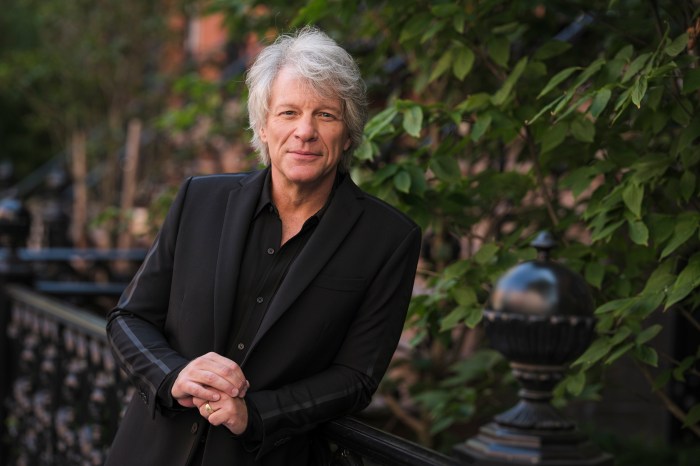As the scholastic world adjusts to a new normal during the COVID-19 pandemic, LaGuardia Community College was selected to lead an international program to virtually connect young people around the world.
The Stevens Initiative announced its support of the Global Scholars Achieving Career Success (GSACS) which will virtually link a coalition of institutions including LaGuardia and Queens College with a number of universities in the Middle East and North Africa.
Under the Stevens Initiative, the program to be implemented by LaGuardia and its partners, advances the United Nations Sustainable Development Goals and career readiness competencies in class-to-class virtual exchanges between CUNY students and their counterparts collaborating on experiential learning projects.
“For our students to be successful in today’s increasingly connected world, building their global competence and career readiness skill is vital,” LaGuardia Community College President Kenneth Adams said. “Given current budget limitations, as well as travel restrictions necessitated by the COVID-19 pandemic, providing our students with the benefit of international exchange programs with the Middle East and North Africa, without leaving New York City is ideal. We are grateful to theStevens Institute for their support of this innovative virtual exchange.”
The Stevens Initiative is an international effort to build global competence and career readiness skills for young people by growing and enhancing the field of virtual exchange. Created in 2015 as a lasting tribute to Ambassador J. Christopher Stevens, the initiative is committed to helping to expand the virtual exchange field through three pillars of work: investing in promising programs, sharing knowledge and resources, and advocating for virtual exchange adoption.
“We thank the Stevens Initiative for giving our students a valuable opportunity to develop the professional skills and cultural understanding that will prepare them for the global marketplace,” Queens College President Frank Wu said. “At a time when traditional exchange programs aren’t operating, Global Scholars Achieving Career Success enables our students to collaborate virtually with their peers in the Middle East and North Africa, and connects young people in those countries with Queens College’s talented and diverse student body.”
In addition to developing relationships with their peers abroad, virtual exchange allows young people to build empathy, develop leadership skills and learn about new topics. While participants have different experiences depending on their virtual exchange program, all are impacted in ways both big and small, including changes in career trajectory, a new interest in different cultures and lifelong friendships.
“People-to-people exchanges are critical to advancing global peace and understanding” said Matthew Lussenhop, acting assistant secretary of state for the Bureau of Educational and Cultural Affairs. “Through early adoption of virtual exchanges, the Stevens Initiative has elevated technology to foster collaboration between students in the United States and counterparts in the Middle East and North Africa.”
LaGuardia Community College is one of 19 institutions of higher learning to be named a 2021 Stevens Initiative grantee. Through these programs, the Stevens Initiative will expand its reach to nearly 75,000 young people around the world.
“In our interconnected and diverse world, virtual exchange is a necessary tool that gives young people an appreciation for their world around them,” said Christine Shiau, managing director of the Stevens Initiative at the Aspen Institute. “The Stevens Initiative is proud to support these programs at a time when shared understanding and experiences among our next generation of leaders are more important than ever.”

































